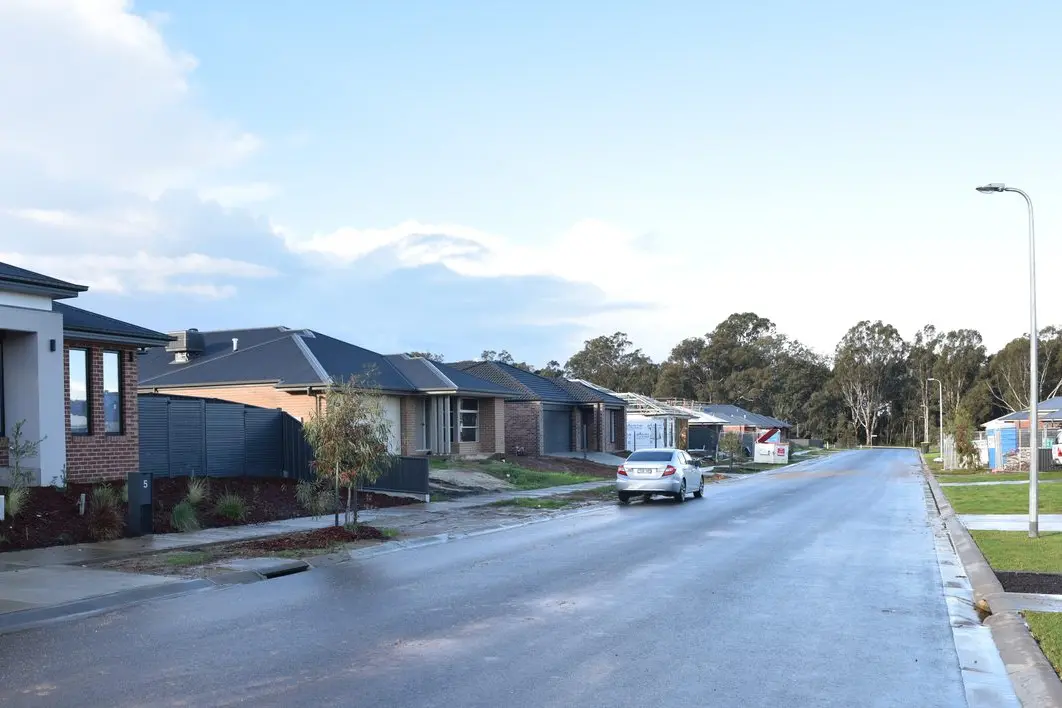PHOTO
A LOCAL real estate agent and the peak industry state body have highlighted a lack of property sector reform in the 2025-26 Victorian State Budget.
They have cited an ongoing shortage of rental availability, exacerbated by diminishing investor confidence, at a time the government is forecast to generate $18.2 billion from property taxes this coming financial year.
Nutrien Harcourts Wangaratta agent Joe McKenzie said the balance in housing supply needs urgent attention and private investment needs to be promoted rather than discouraged with the raft taxes.
“Wangaratta rental housing has always been in strong demand in my time in real estate since 1997,” Mr McKenzie said.
“The best-balanced approach seems to be when private investors are provided with incentives such as interest rate claims on their tax returns for investments.
“This can be coupled with a top up of required affordable housing from government supported sectors.
“This will not fix all problems, but it will certainly lead to more homes being built and will put less stress on government housing demand.”
Real Estate Institute of Victoria [REIV] president Jacob Caine noted that the organisation’s budget submission, which reflected important feedback from REIV members, was headlined by renewed calls to ease stamp duty and land tax obligations in order to boost investment and housing supply.
“Our submission highlighted the need to ensure a more balanced tax and regulatory regime that includes sufficient incentives for rental providers,” Mr Caine said.
“A central recommendation being reforms, such as progressive land tax concessions, aimed at enhancing the state’s long-term rental market.”
The REIV’s response to the budget comes as waning investor confidence and related rental market tightening is reflected in the following new data points from the Homes Victoria Rental Report (December Quarter 2024).
A key figure is a 4.1 per cent drop in rental housing availability in regional Victoria.
Despite averaging a 1 per cent annual increase over the past five years, the total number of active rental bonds held by the Residential Tenancies Bond Authority fell by 3.6 per cent in the December quarter compared to the same period in 2023.
“These declines should sound alarm bells, as they reflect a tightening rental market and reduced property investment, just when we need more rental housing, not less,” Mr Caines said.
“With investor confidence fading, maintaining the budgetary status quo risks further constraining housing supply and worsening affordability issues.
“Whereas, if the Victorian Government is serious about realising its Victoria’s Housing Statement objective of building 800,000 new homes by 2034 and turning the housing crisis around, we need substantive property sector policies and initiatives that attract investors.”





